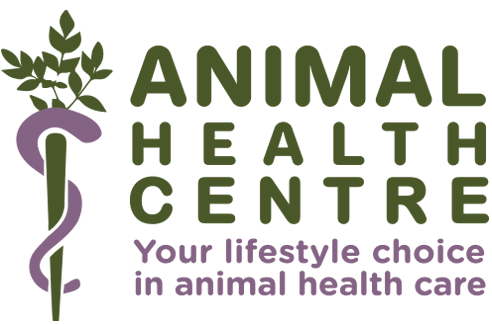Q. “ I have been told beef and tripe aren’t
good for my dog. I thought raw feeding was the best way to go?”
There are always two sides to a coin, and who is looking closely at this one…?
No pet food retailer, animal health provider or dog owner who is the slightest bit interested in pet health will be able to obtain a fully investigated peer review of the ill-effects of feeding beef to our dogs. Many government agencies wont be keen to assist as it will mean being up front about policies and politics and jobs and salaries will be lost!
We are also fighting the empires of dried
food and certain entrenched drug practices that will do anything to discredit
raw/real feeding as an excuse for continuing the status quo.
During my time as an Animal Naturopath (
the past 50 years ) I have observed the
results of raw v. processed feeding in my practice , both from a suppliers
point of view and consulting with clients who were suffering the results.. I
was raised on an isolated sheep station and remember the hydatids saga so was
aware of the ups and downs of raw feeding.
About 40 years ago I noticed beef products appeared
to be causing skin problems in dogs (not cats). When taken off beef (and it become clear it was the muscle meat,
not the offal) they got better! (Tripe
is a relative new comer to the over-the-counter pet food supply. )
Chicken over the past 10 years has also
become a huge problem, and lamb is the third product likely to be a culprit.
I have asked many people (vets, people on
the killing chain at the meat works, farmers, stock agents, even guys on the
Meat Board,) and nobody has come up with an answer.
So are beef, chicken and lamb meats really the
culprits?
Vets are being told it’s the type of
protein. This is a load of codswallop as our dogs have been on these products
since early pioneering days and after investigating records from years back, NO
dog suffered a skin problem that was attributed to beef or any other meats. It
may be in the vets’ interest to deny beef is a problem or say it does, thus
providing an opportunity to switch clients to processed junk; either way, they
have a client for life!
If there is any thread of investigation to
follow, these are issues that deserve close attention:
- pasture management, (types of
grass, fertiliser build-up, weed sprays,) repeated vaccinations, animal
management practices e.g. high stocking rates, artificial insemination, food
supply (grain, cropping practices, palm oil expeller) stress levels.
- The ability of our dogs (and very
recently, cats) to tolerate this type of protein, NOT because of the protein
itself, but the dogs’ immune system
crumbling under repeated antibiotics, vaccinations, chemical parasite
controls and the introduction of real FOREIGN proteins in vaccinations, drugs,
and dried food.
I would liken this scenerio
to the measles outbreaks lately, especially in young children who have been
over vaccinated. This disease never
caused the problems years ago as it does now; what has changed?
The inability of the immune system to cope
with the assault of processed food, the type and contents of vaccinations,
antibiotics, chemical challenges and stress.
The whole issue is a political hot potato
hiding behind a giant smokescreen of lies, protectionism, and unethical
practices. Perhaps in our efforts to produce more and suppress more, we are
digging our own (dogs) graves.

